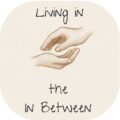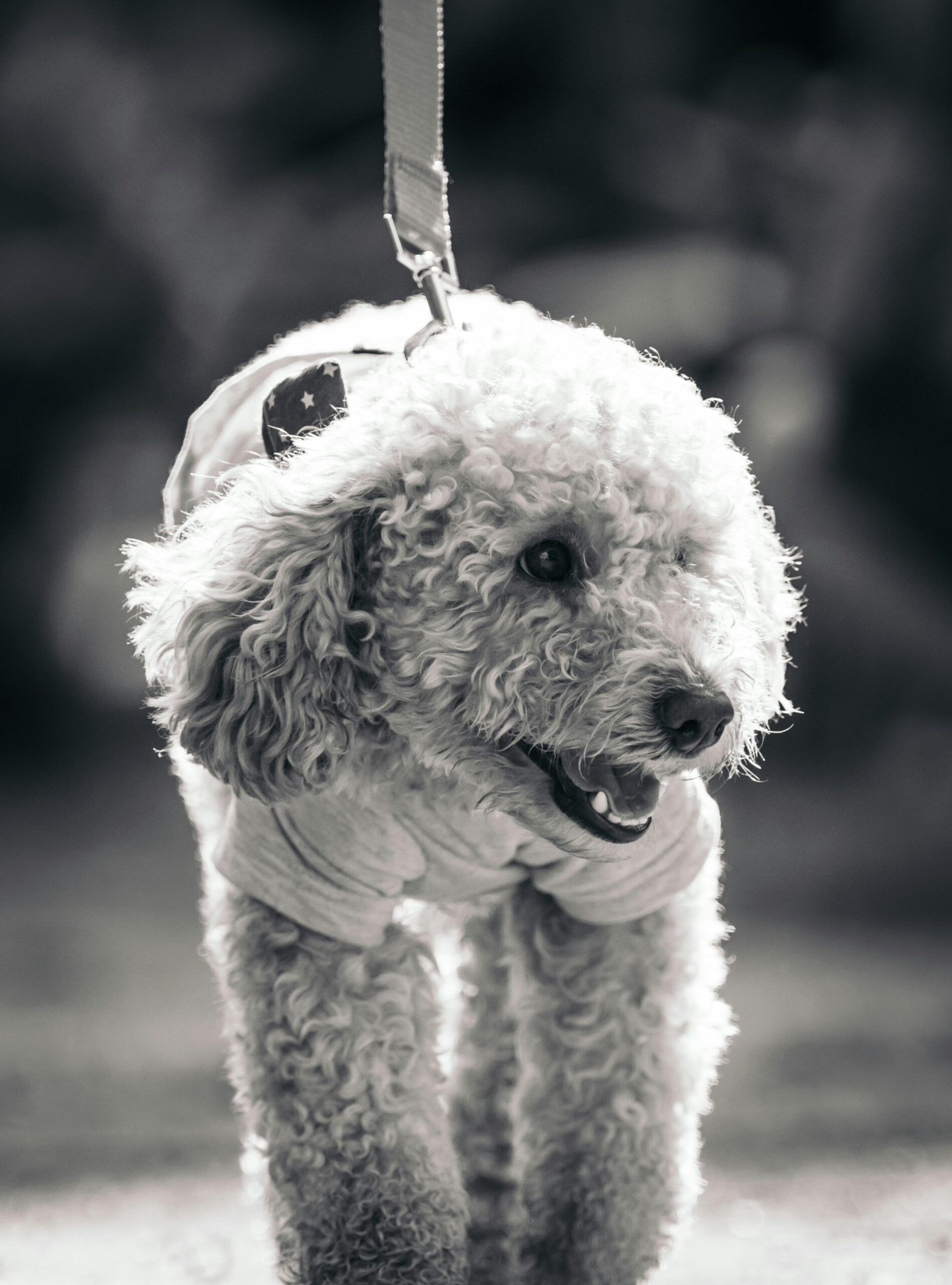There are things no one tells you about caregiving.
Not the nurse.
Not the hospital social worker.
Not even the well-meaning family friend who’s “been there.”
Like how it feels to kneel on the floor of your childhood hero’s hospital room,
slide clean underwear over her swollen feet,
and try not to meet her eyes —
because looking would be too much for both of you.
I’ve learned that dignity is a choreography.
“Let me just help you with your shirt first.”
“Can I brush your hair while we wait?”
“You’re doing great, Mom.”
There’s tenderness in the motions. But there’s grief, too.
A quiet, aching grief —
for who she was,
for who I was,
and for the daughterhood we’re both still trying to hold onto.
I’ve learned that embarrassment isn’t loud.
It’s the way she stares at the corner of the room
while I tug at the strap of her sports bra.
It’s the apology in her voice when she asks if I’ll help her into clean pants.
It’s the tears she doesn’t let fall — and the ones I do, but only after I’ve left the room.
I’ve learned that love looks like:
- hospital socks with grippers
- a hairbrush in one hand and discharge papers in the other
- carrying a bag of flowers that no longer have a place
- promising to bring her shoes next time
- making sure the Kindle is charged and the glasses are packed
I’ve learned that love is not always graceful.
It’s sometimes clumsy. Sometimes too much. Sometimes not enough.
But it still shows up.
Even when it hurts.
Even when it’s awkward.
Even when you’re kneeling on a hospital floor, trying not to cry.
We don’t talk about this part.
We talk about bravery. Recovery. Gratitude.
But this part —
the part where a daughter becomes hands and eyes and quiet reassurances —
this is love, too.
Not the kind that gets quoted in wedding vows or scribbled in greeting cards.
But the kind that holds. That lifts. That carries.
The kind you don’t want to need.
But the kind you give anyway.
Because love…
doesn’t look away.



